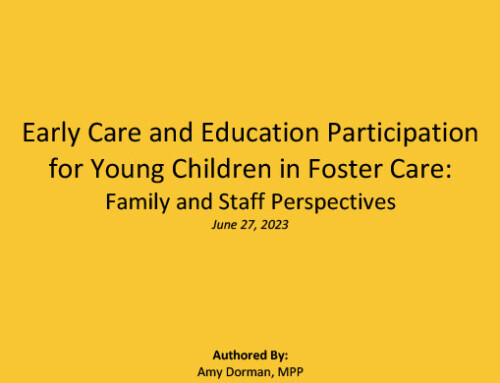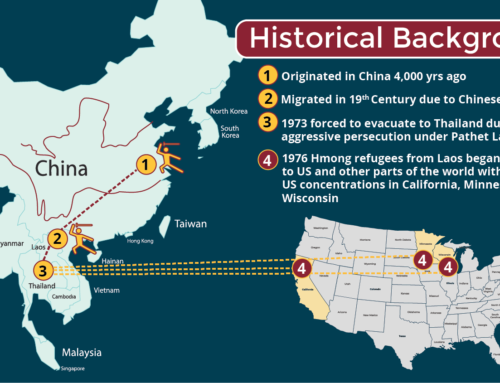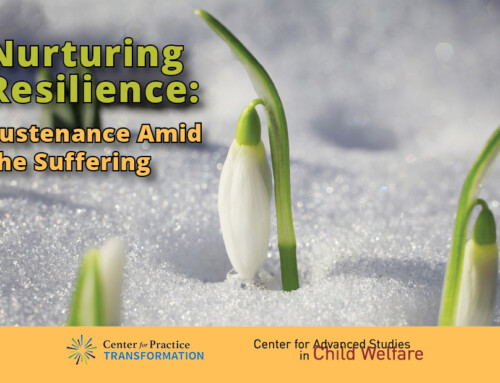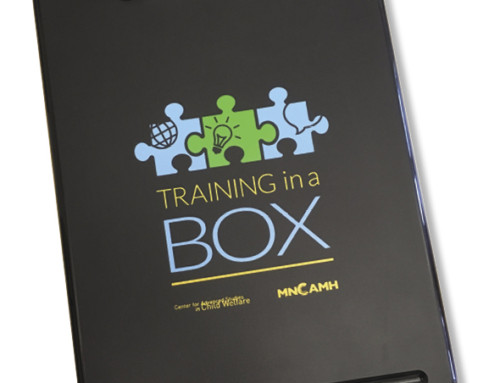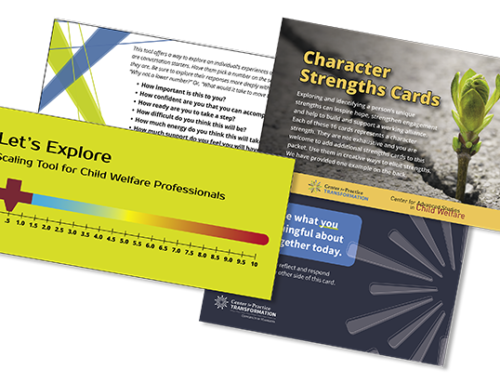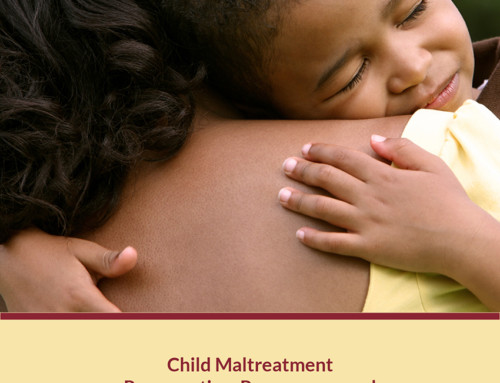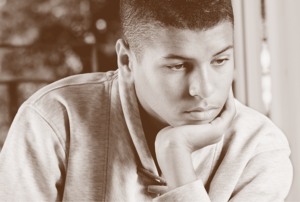 In partnership with Gamble-Skogmo Chair in Child Welfare and Youth Policy, CASCW developed a three-part webinar series on Moral Injury. Moral injury refers to the lasting psychological, spiritual and social harm caused by one’s own or another’s actions in a high stakes situation. This series covers key aspects of moral injury impacting children, families, and workers in child welfare and was originally presented on June 22, 23, 24, 2021.
In partnership with Gamble-Skogmo Chair in Child Welfare and Youth Policy, CASCW developed a three-part webinar series on Moral Injury. Moral injury refers to the lasting psychological, spiritual and social harm caused by one’s own or another’s actions in a high stakes situation. This series covers key aspects of moral injury impacting children, families, and workers in child welfare and was originally presented on June 22, 23, 24, 2021.
Part 1. The Experience of Moral Injury in Childhood and Adolescence: Implications for Strengthening Trauma-Informed Care
Johara Suleiman, Minhae Cho, Ndilimeke Nashandi, Ruti Soffer-Elnekave, Wendy Haight
Emerging adults (ages 18-25 years) generally reported high levels of moral injury in childhood and adolescence. The most common moral injuries described by emerging adults in this study were child maltreatment, adults’ failure to protect them, and injury to their identities as individuals worthy of respect, and as members of particular groups (e.g. BIPOC communities). In addition, most participants reported multiple moral injuries, and moral injuries that were sustained across months or years. Session one includes a discussion of implications for strengthening trauma informed care.
View Part One
Part 2. The Experience of Moral Injury in Childhood and Adolescence: Implications for Child Welfare System Reform
Ndilimeke Nashandi, Johara Suleiman, Minhae Cho, Ruti Soffer-Elnekave, Wendy Haight
Part two focuses on the physical and social contexts of morally injurious events described by emerging adults, and presented in part 1. Most participants described their out-of-home placements as the primary sites of morally injurious events, and parents, substitute caregivers and professionals working within the child welfare system as the primary perpetrators of morally injurious events. Part two includes a discussion of implications for system reform.
View Part Two
Part 3. Developing a Positive Life Philosophy to Soothe Moral Injury: Insights from Emerging Adults
Ruti Soffer-Elnekave, Ndilimeke Nashandi, Johara Suleiman, Minhae Cho, Wendy Haight
Part three presents the insights of emerging adults regarding how moral injury may be soothed. Emerging adults, who at the time of the interview presented as being in a positive place in their lives, described a life philosophy that soothed their feelings of moral injury. This life philosophy included some mix of spiritual beliefs, hope, gratitude, forgiveness, and finding meaning in their morally injurious experiences. This orientation was supported through positive relationships with adults and contemporaries, meaningful intervention by mental health and social service providers, and participation in prosocial behaviors/activities. Part 3 includes a discussion of Intervention efforts child welfare workers may engage to meaningfully influence system reform and serve as allies to youth.
View Part Three
